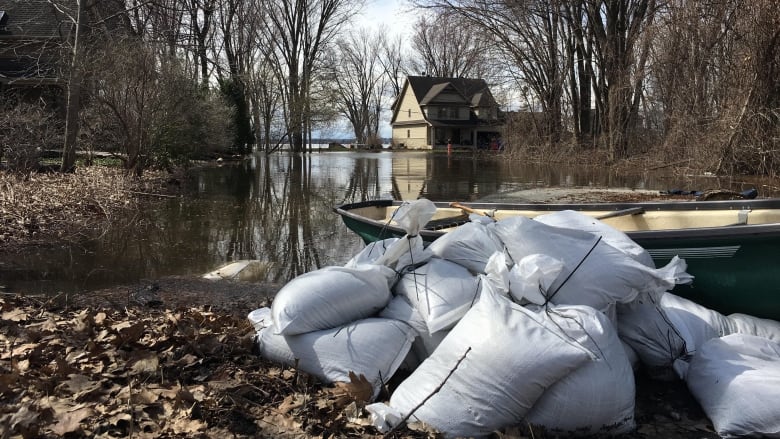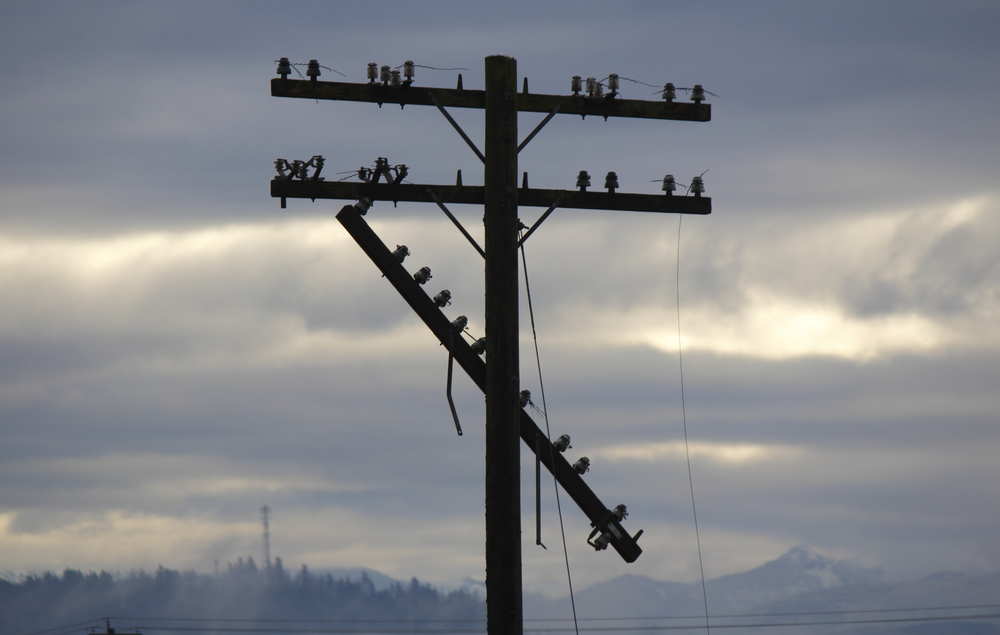 It seems like it was just yesterday that I was writing about the tornado that affected thousands of Ottawa – Gatineau residents (ICYMI, that previous blog post is here). Once again, so many Canadian communities are literally being flooded with another disaster and the federal government is providing updates and assistance.
It seems like it was just yesterday that I was writing about the tornado that affected thousands of Ottawa – Gatineau residents (ICYMI, that previous blog post is here). Once again, so many Canadian communities are literally being flooded with another disaster and the federal government is providing updates and assistance.
This isn’t just limited to our own backyards. For years we have seen a steady increase in natural disasters all over the world including floods, droughts, forest fires, earthquakes, hurricanes and tornadoes. With these life-threatening and life-altering weather changes it’s clear that people who are directly affected by these serious weather events make major adjustments in their personal and professional lives.
How prepared are businesses and employers when it comes to the steady rise of climate change and its undeniable toll on the bottom line? Are they organized and informed to deal with employees who are dealing with the aftermath of a flood, tornado or forest fire? Do employers appreciate how long it may take for employees’ lives to stabilize enough that they can focus on their work? Can they accurately estimate how long the company will need to get back on track and running smoothly?

Sandbags were used to protect homes in Gatineau, Que., after devastating floods rocked the region this past week. ( Jean-Francois Poudrier/Radio-Canada); CBC News, May 4, 2019.
Even when a business’ physical building survives a natural disaster, that doesn’t mean the people who work there were as lucky. Their home, vehicle(s), and other possessions could be ruined beyond repair. So from an HR or employers’ perspective, this begs the question: how do we take care of our employees and co-workers during these difficult and often traumatic times?
Here are 3 things every workplace/employer should consider:
- Revisit emergency preparedness plans in your workplace. For instance, what if a natural disaster (or another serious incident) had happened during working hours, on or near your premises? You should have certain basic plans and procedures in place to make it as safe as possible to weather the storm and resume operations afterwards.
- Do you have any built-in redundancy? By this, I mean, are there employees who are trained in a secondary role so that they can cover for others who may be absent? Knowing more than just one role is also helpful from an internal capacity and career development perspective.
 When co-workers and/or employees face unexpected challenges, such as the fallout from a natural disaster, it’s important to have realistic expectations of when they can get back to work. This goes beyond the logistics of finding transportation after their car has been totalled in a tornado, or their house has now become a swimming pool. These people will be very busy rebuilding their lives right down to replacing furniture and getting a new wardrobe. Employers should be aware that an employee might be psychologically affected because of the recent trauma, along with the financial worries and disturbed sleep that will inevitably come, etc. This recent Globe and Mail article on Creating a Psychologically Safe Workplace includes some worthwhile resources including steps to take as does this previous blog on Do’s And Don’ts – How To Be Mindful Of Mental Health In The Workplace.
When co-workers and/or employees face unexpected challenges, such as the fallout from a natural disaster, it’s important to have realistic expectations of when they can get back to work. This goes beyond the logistics of finding transportation after their car has been totalled in a tornado, or their house has now become a swimming pool. These people will be very busy rebuilding their lives right down to replacing furniture and getting a new wardrobe. Employers should be aware that an employee might be psychologically affected because of the recent trauma, along with the financial worries and disturbed sleep that will inevitably come, etc. This recent Globe and Mail article on Creating a Psychologically Safe Workplace includes some worthwhile resources including steps to take as does this previous blog on Do’s And Don’ts – How To Be Mindful Of Mental Health In The Workplace.
From what I know about employee fulfilment and workplace culture, I understand that not treating your employees and co-workers well during these delicate times will erode and undermine the existing relationships and organizational commitments. And since climate change doesn’t seem to be going away, extreme weather events are becoming more common. These events create unique opportunities to improve the organizational climate within the workplace.
Do you need help navigating the world of work? Contact Dr. Helen today for a free and confidential initial consultation by phone, email, or via direct message on Twitter, Facebook, or LinkedIn. If something urgent comes up, I’m also available by a voice or video on Magnifi, an expertise-on-demand app.
Have you ever wished you could get inside the head of a hiring manager? You can. Dr. Helen Ofosu is a Career Coach/Counsellor with a difference. She has worked for organizations to create hiring and screening tools. She’s created countless pre-screening tests, interviews, simulations, and role-plays for organizations of all kinds.
Dr. Helen’s training in Industrial and Organizational (I/O) Psychology means she is a genuine expert in evaluating work-related behaviours. She uses those skills to help hiring managers tell the difference between people who say the right things during interviews and people who actually deliver on the job. In other words, Dr. Helen understands first-hand how job candidates are assessed.
More than career coaching, it’s career psychology®.
I/O Advisory Services – Building Resilient Careers and Organizations.
Please share this article using any of the social media icons below.



